At a pre-race press conference in Rio de Janeiro, two-time world champion and second-time Olympian Gwen Jorgensen is emanating a level of intensity that could crush you if you let it. This is a tiny glimpse of the kind of pressure she’s under as the gold-medal-favorite at this Saturday’s women’s Olympic triathlon. The 30-year-old Wisconsin native who famously went from accountant to world champ in five years was all smiles and said she was feeling calm and ready, but she exuded an unnerving energy—and it’s understandable why.
Until April, Jorgensen held an unprecedented 13-race winning streak that ended when she came in second at the ITU World Triathlon Series’ Gold Coast race in Australia. Three months later, in July, Jorgensen took silver again at the Hamburg Wasser World Triathlon in Germany. The two defeats blotching her near-perfect racing record isn’t even the worst of it. The elephant in the room is her Olympic debut in London. Four years ago, a flat tire on the bike resulted in a devastating 38th place finish. That’s the beauty and the curse of the Olympics: No matter how hard you’ve worked or how much you deserve a victory, the outcome is out of your hands. In this one-on-one interview with Sonima, the Oakley and Specialized athlete opens up about the unpredictability of racing, the end of her winning streak, and how she handles the stress.
Was breaking the winning streak good in a way? Did it take some pressure off?
You never want to lose, right? You’re always going for the win. I know that on race day, anything can happen. I never thought about the streak. I can’t control what happens on race day. I can only control what I do. I go into every race trying to be prepared. My coach Jamie Turner and my husband Patrick help out getting me ready for race day. I just spoke to Patrick. He’s so calm. He’s more calm than normal. I guess you can call him support staff, but he’s my husband. He’s really invested in this. He has no control over what happens on race day and I think that can sometimes be more nerve-racking for spectators or people who aren’t the actual athletes racing. It’s basically up to me on race day and he’s done everything he can to prepare me. Normally, he’s nervous, but now he’s pretty relaxed, which is nice.
Is Patrick part of your strategy for staying calm?
It’s the Olympics, right? It’s something that you’ve been preparing for four years, so you think you should be really, really nervous. I have good nerves but I’m not overly nervous. Having Patrick there is definitely part of that calming.
Are you still doing your daily affirmations?
I do still write down three affirmations every day. We’re doing nothing new. It’s just another race. It’s a big one, but we prepared for it. I’m really excited to race, which I think is good.
What did you write anything down for today?
I usually do it at the end of the day. We’ve been go, go, go. We woke up, had the Specialized bike preview, had to eat and then had to transport here. Haven’t really had time to think about it.
Tell us about what you’re expecting of the Rio Olympics race course.
We raced on this course last year, but how the race played out then isn’t necessarily how it’s going to [happen] now. Going into any race, I think that’s something that you have to be aware of and prepared for. It’s an ocean swim, which I really am looking forward to. I train in Wollongong, Australia for part of the year, and I just love swimming in the ocean [out there]. I think it’s fun. On the bike, there’s a hill that we have to go over a total of eight times that’s significant, and I think that hill could be a breaking point in the race. Then you start the run, and running off the bike like that, you’re going to have fatigued legs. I think it will be a challenging course for everyone, and I’m excited to go out and give it my everything.
How does this Olympic experience so far compare to London four years ago?
This has been a very focused four years leading up to Rio. Four years before London, I had never ridden a road bike in my life. I’ve been on this four-year build-up to Rio, and with Jamie Turner and the Wollongong Wizards, I’ve been training in this daily performance training environment. I’ve had Patrick with me, which has been a huge help. I have a huge support network, and a lot of people who have believed in me and allowed me to do this full-time, and really focus all my energy. I’m just focusing on racing and training, it’s been wonderful to have that support.
Speaking of support team, who’s out here in Rio with you, besides Patrick?
I have a ton of people here: My mom, dad, and sister, Pat’s mom, dad, and sister. I have a couple uncles who are here, and then I have a group of four high school friends and two college friends who are here with their significant others and parents. A lot of people have come out here, and I’m looking forward to seeing them after the race. Hopefully we can have a big dinner and just hang out. I haven’t seen a lot of them in nine months, and my parents I haven’t seen since Christmas. It’s been a long time. My parents actually got in today and I’m looking forward to seeing them later.
What’s next, after Rio?
I have no idea. I’m going to spend time with Patrick. That’s my only plan that’s set in stone. I don’t know where we are going. I don’t know what we’re doing. I’m a planner. I’ve been planning for four years everything that I’m doing up to this point. It’s a little weird to not have a plan after. We don’t even have a plane ticket home to Minnesota. I’m just not thinking about it. We’re not worried about it.”
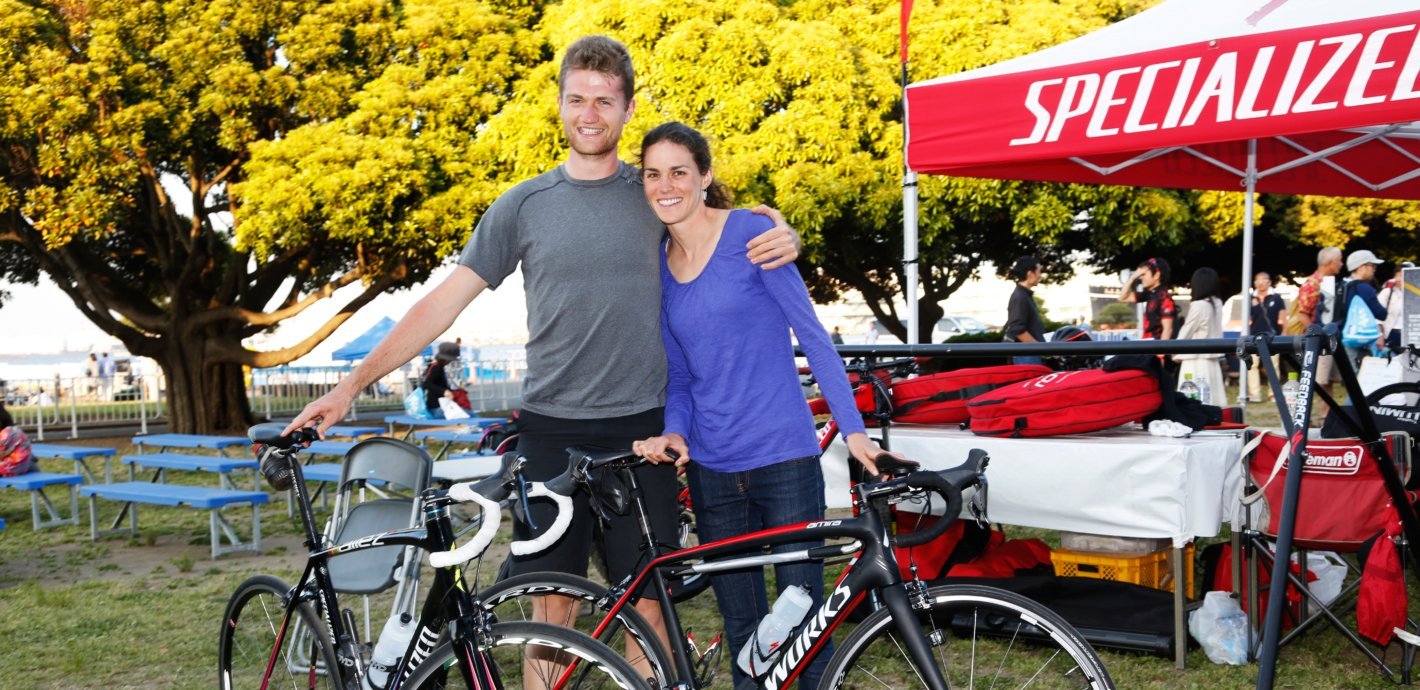
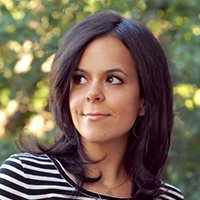
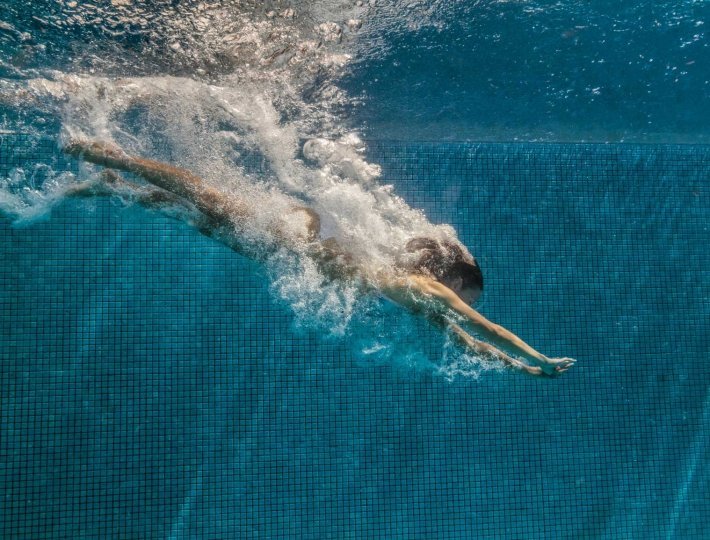

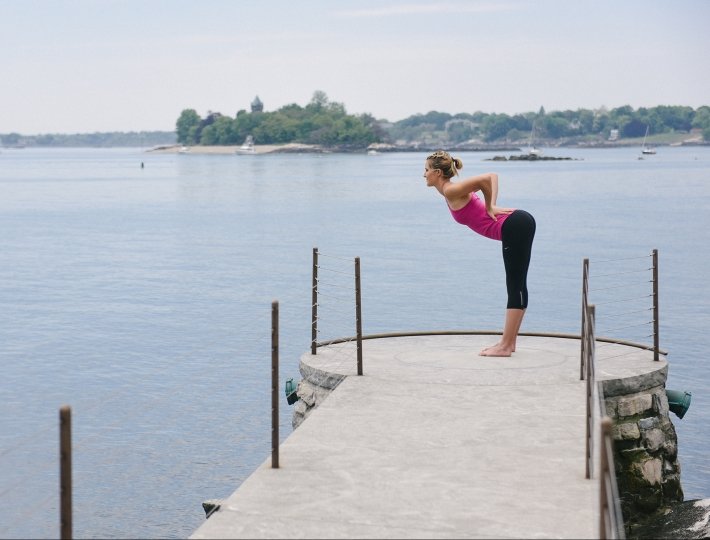






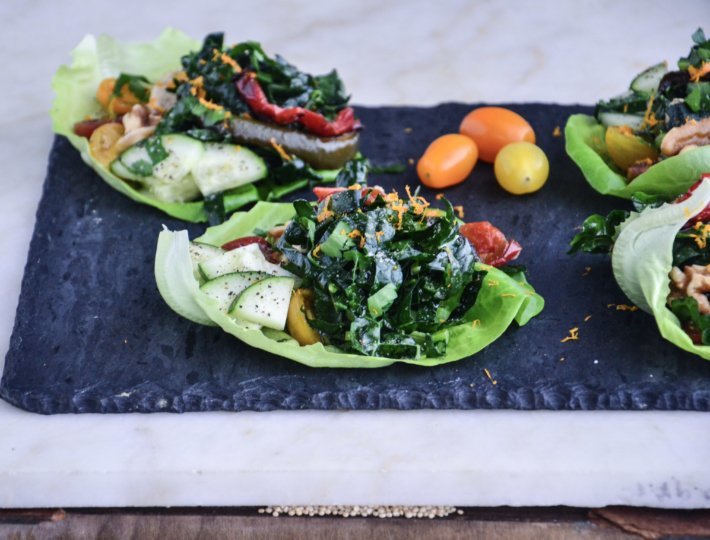
Comments (0)